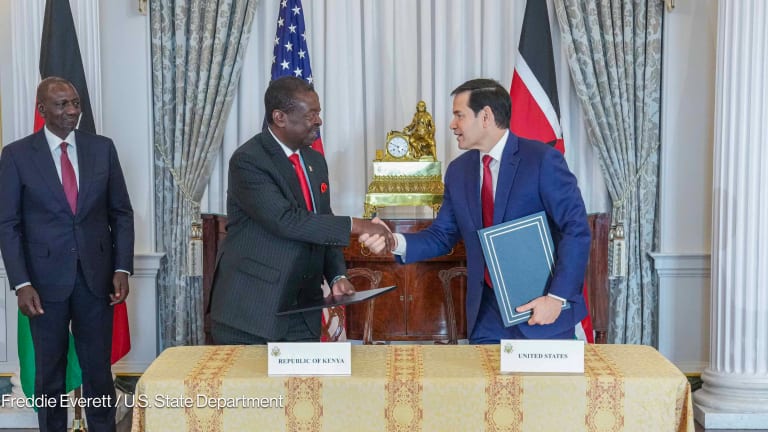While some U.S. congressional hearings for nominations of top government officials can be tense and contentious, the Senate Foreign Relations Committee’s questioning of Marco Rubio, President-elect Donald Trump’s choice to lead the U.S. State Department, was the opposite.
Wednesday’s hearing, which spanned about five hours, made clear that Rubio will be confirmed as secretary of state, with both Republicans and Democrats praising the Florida Republican senator, considered a more mainstream pick for the post, who until recently served on the committee that questioned him.
Rubio, who would be America’s top diplomat, outlined his and the incoming administration’s approach to foreign affairs as one focused on the U.S. national interest after years of prioritizing the global order.








